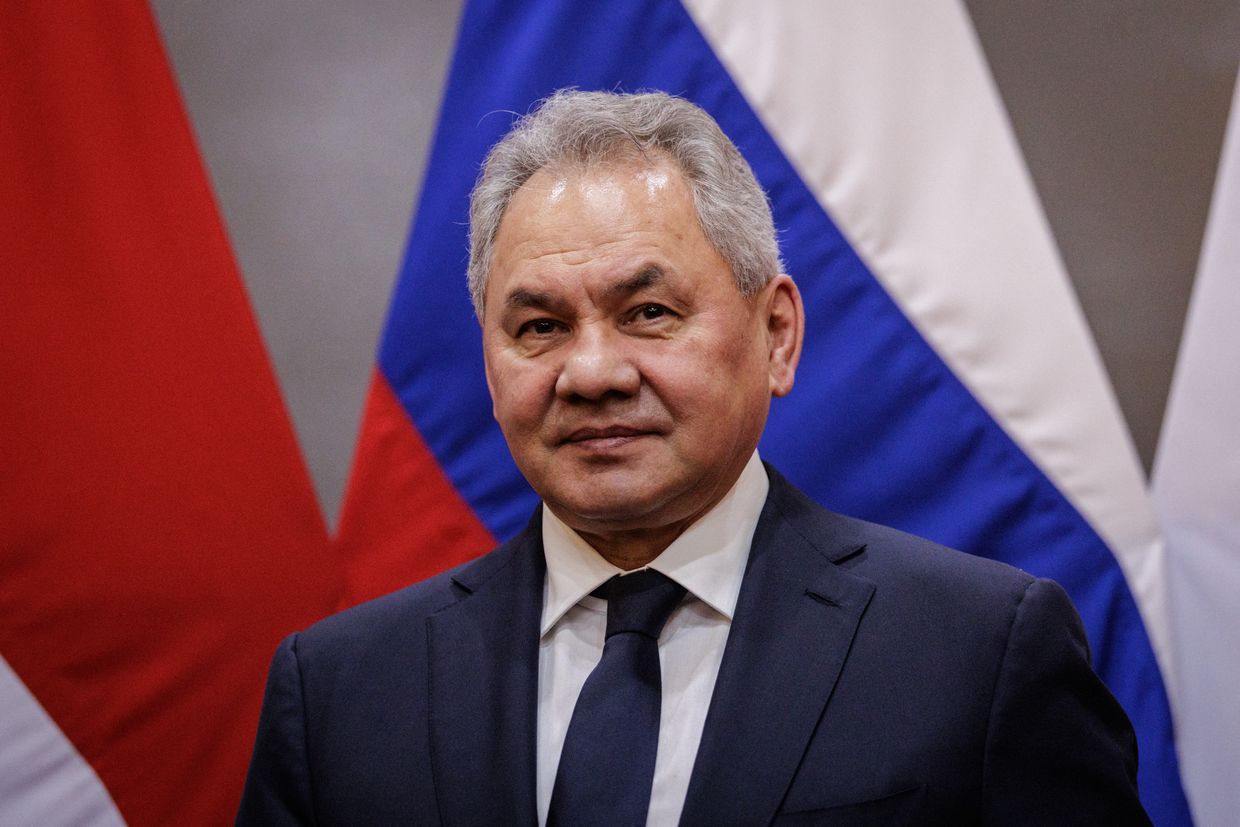Czechia has sanctioned Belarusian journalist Natalia Sudliankova and ordered her to leave the country on April 3, following an investigation by intelligence that found she was working as an agent for Russia.
Russia's military intelligence (GRU) has been accused of interference worldwide. In January, various media outlets reported that Russia's GRU offered a $200,000 bounty to Afghan militants for every U.S. or coalition soldier killed.
"This is part of the hybrid war that Russia is waging against democratic countries and the values we share. It is documented that Russia orchestrated over 100 attempts at sabotage around Europe in the past year," Czech Interior Minister Vit Rakusan said on April 3.
Sudliankova reported to Russian GRU agent, Alexey Shavrov. He was sanctioned alongside Sudliankova on April 3, and the Czech authorities have called for the two to be included in EU sanctions.
"Natalia Sudliankova is a key collaborator of the Russian military intelligence service GRU and has been working covertly and systematically for several Russian organisations in the Czech Republic for many years," Czech Foreign Minister Jan Jipavsky said.
Czech intelligence found that Sudliankova, following Sharov's orders, arranged for several articles to be published in the Czech media.
Sudliankova worked for the "Russian Fund for the Support and Protection of the Rights of Compatriots Living Abroad" and the "Immortal Regiment of Russia," Czech intelligence has said.
She also acted in the interest of sanctioned Russian oligarch Alisher Usmanov and the Russian state nuclear energy company, Rosatom.
"Her activities were directed from Moscow by Russian GRU intelligence officer Alexey Shavrov, and she was paid tens of thousands of euros in cryptocurrencies," Jipavsky said.
Sudliankova has been ordered to leave Czechia and has 30 days to leave the country.
"It is precisely such cases that led us to propose and push through Parliament legislation on 'unauthorized activity for a foreign power'... If that law were already in effect, we would not be talking about expulsion, but about criminal liability," Rakusan said.
On Dec. 16, Russian ice hockey player Maxim Sergeyev was convicted by a Polish court on charges of espionage and sentenced to nearly three years in prison.














